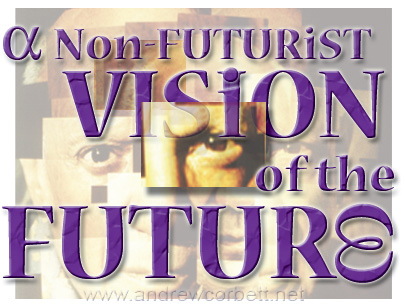by Andrew Corbett | Jun 11, 2023 | Eschatology |
In Professor Stuart Piggin’s seminal work on the Evangelical history of Australia, The Fountain of Public Prosperity, he argues that it was the rise of ‘pre-millennialism’ eschatology that gave much impetus to the Evangelicals successful evangelism. Evangelical evangelists of the mid-1800’s were preaching that Christ’s return – and the end of the world – was imminent. But their pre-millennial gospel was also ‘pre-tribulational’ – which meant that the urgency to turn to Christ in repentance was even more urgent, otherwise Christ’s “secret return” (‘the rapture’) could leave the unrepentant in the midst of a hell-on-earth “Great Tribulation”. This new evangelistic message gained much traction and many converts. It would be a popular evangelistic message up until the latter part of the twentieth century. Pragmatically, it was a popular because it worked! But like many (unexamined) good ideas, it has had unintended negative consequences.

by Andrew Corbett | Feb 22, 2016 | Bible Prophecy |
“It was the best of times, it was the worst of times.” begins the Dickens’ classic, The Tale of Two Cities. For many End-Times preachers, these are the worst of times. This idea is reinforced repeatedly by many Christians who feel that the world is indeed getting worse and worse. When I have lectured on Ethics or Eschatology both here and abroad, I have been challenged by students who despair that Christians can not hope to have a godly influence on society since the Bible apparently says that the last days will be dark and full of rampant evil. I have generally responded to these claims by asking if there was another time in history in which they would rather have lived? When students think about it, they usually conclude that there is no better time to be alive than now. But this presents a dilemma for those Christians who have bought into the idea that these are the “worst of times”, because the evidence suggests that these are the best of times.
I’m a Preterist. I’m not a Futurist. This means that I consider the Bible needs to read and understood as it was intended. I consider this to be taking the Bible “literally”. This kind of literalism distinguishs between a metaphor, an allegory, poetic parallelism, narrative, and didactic prescriptions. I therefore regard Christ’s statements about His coming and the Kingdom of God being “near” and “at hand” as being intended to convey the idea that His coming and the Kingdom of God on earth was about to commence within the life-time of Christ’s original audience.


